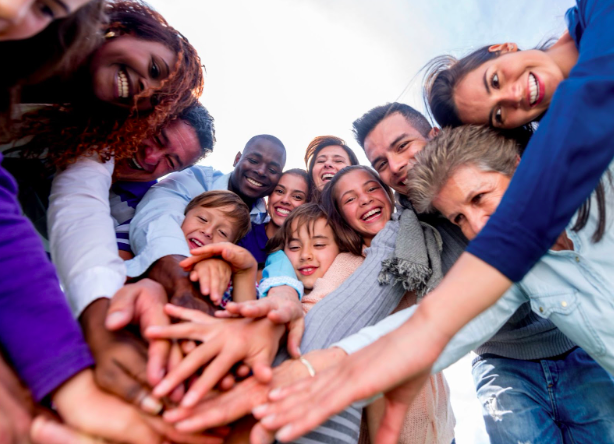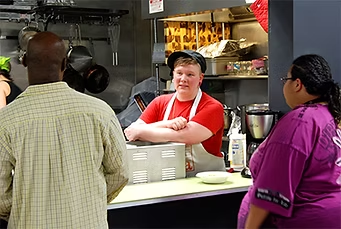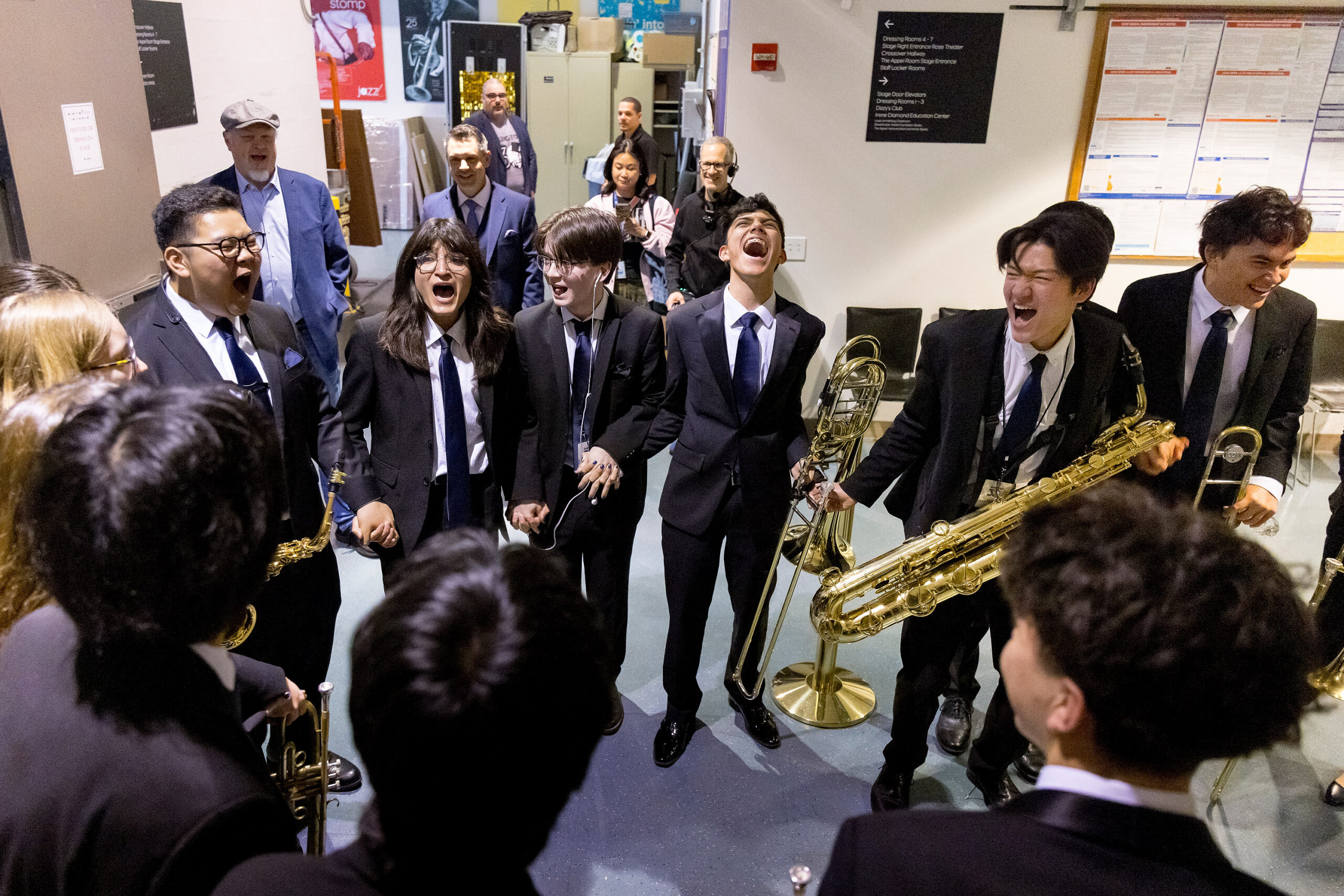By Sam Marks
For some of our donors, charitable giving is motivated by more than tax benefits. For these donors, the philanthropic impulse is a calling, as critical to their sense of self and legacy as their professional lives. While donors may open a donor-advised fund (DAF) account with us as an individual, we often engage with a whole family system, or work with them to consider longer time horizons than just their own lives.
When It’s a Family Affair
“My daughter’s sense of responsibility started with coat drives and food drives at her school,” one donor told me. “But encouraging her to support the causes she cared about with donations really focused our conversations about her values.” This donor set up a Young Philanthropist account, a specialized DAF account intended for individuals of college age or younger. These accounts lower the barriers to entry by decreasing their minimum start-up contributions (only $1,600, compared with the standard $5,000).
Another donor told me that life events inspired their family’s philanthropic activities. “For both of my kids, we set up Collective Giving accounts when they got married,” she said, referring to a variation of a DAF account that allows multiple donors to pool their grant dollars. “We let their wedding guests build up this charitable resource as an alternative to just ordering something off the registry.” For both couples, the CGAs have evolved over time into their own family DAF accounts that have continued to be a mechanism for supporting their favorite nonprofits.
As with any DAF account, contributions to Young Philanthropist accounts and Collective Giving accounts are tax-deductible at the time of donation.
DAF accounts can be a philanthropic resource for families too. We have countless donors that engage family members as additional recommenders on their accounts, allowing, for example, their adult children access to all or a portion of their account to experiment with grantmaking. One family has set up a “master account” for the matriarch, with sub-accounts for each adult child that she funds at least once a year. For this family, dinner-table conversations veer into impromptu “foundation retreats” where topics of conversation include theories of change and grantmaking strategy. “It can get quite lively,” the donor told me.
For some families, a professional philanthropic consultant may be called for. Families are complex systems and have dynamics that require some conversation, and at times moderation, on the road to determining a philanthropic strategy. As consultant Lauren Katzowitz Shenfield told FJC during a recent webinar, “The conversation always starts with values,” she explains, “because that underlies the entire practice of philanthropy.”
Fun fact: In many cases, FJC will allow donors to pay some or all of their philanthropic consultant fees from their DAF accounts!
Planning a Legacy
Conversations about DAF accounts often start with questions of estate planning and tax efficiency, and evolve into questions of legacy: what our donors want to leave behind when they pass on. Our standard account-opening documents invite new donors to consider successor recommenders who can inherit their recommendation privileges, and of course donors may also list charities that can receive final distributions upon their deaths.
Take the case of Karen Heine, who was dedicated over her lifetime to demonstrating how humans might integrate more harmoniously with nature and wildlife, even in urban settings. During her life, Ms. Heine established a conservation easement on her property: a voluntary, permanent contract whereby the landowner gives up development rights of a property in perpetuity, in return for tax benefits. Ms. Heine enjoyed a decades-long relationship with Colorado Open Lands, the nonprofit that stewarded the preserve, and the organization was one of several that received a significant grant upon her death.
In certain circumstances, FJC has also taken on the responsibility of carrying on the legacy of our donors. The Helen Rehr Fund was established as a board-advised fund in 2013, to honor the legacy of Ms. Rehr, who revolutionized and standardized the field of social work in her role as Chair of the Division of Social Work at Mt. Sinai. The organizing documents of the fund account requires the Board of FJC to “identify worthwhile projects determined by FJC to be used for social services, research, or training projects all to enhance health and mental health care for vulnerable populations within the State of Israel and the City of New York.” The most recent grant provided $100,000 to New York Lawyers for the Public Interest (NYLPI), working in coordination with program partner Community Access to advocate for New York City to establish a non-police response to mental health crises.
What are the special circumstances around your family and legacy? Contact CEO Sam Marks to start a conversation by reaching out at (212) 714-0001 or Marks@fjc.org.
About Sam
Sam Marks is the Chief Executive Officer of FJC – A Foundation of Philanthropic Funds, a boutique foundation of donor-advised funds dedicated to helping you make your philanthropy work harder through flexible, creative, and customizable strategies. Sam works with imaginative donors and nonprofits to amplify their work and passion, providing unparalleled personal service and the expertise to execute complex transactions, all so that their clients can make the world a better place. His desire is to align his clients’ goals and needs with support for important nonprofits that are making a difference in the world so their wealth can be deployed for positive change.
Sam has a bachelor’s degree from Brown University and a Master in Public Policy from the Harvard Kennedy School. Sam’s deep experience includes his role as executive director of the New York City office of Local Initiatives Support Corporation (LISC NYC), a community development financial institution that supports local champions to advance equitable development of historically underinvested neighborhoods. He has also acted as Vice President at the Deutsche Bank’s Community Development Finance Group, and director of housing development at WHEDCo in the South Bronx. Earlier in his career he founded Breakthrough New York, a youth development program. Sam is a third-generation New Yorker, married to a third-generation Brooklynite, with two sons. He has great affection for the culture and art forms New York is known for, from film to comic books to many genres of music. To learn more about Sam, connect with him on LinkedIn.




